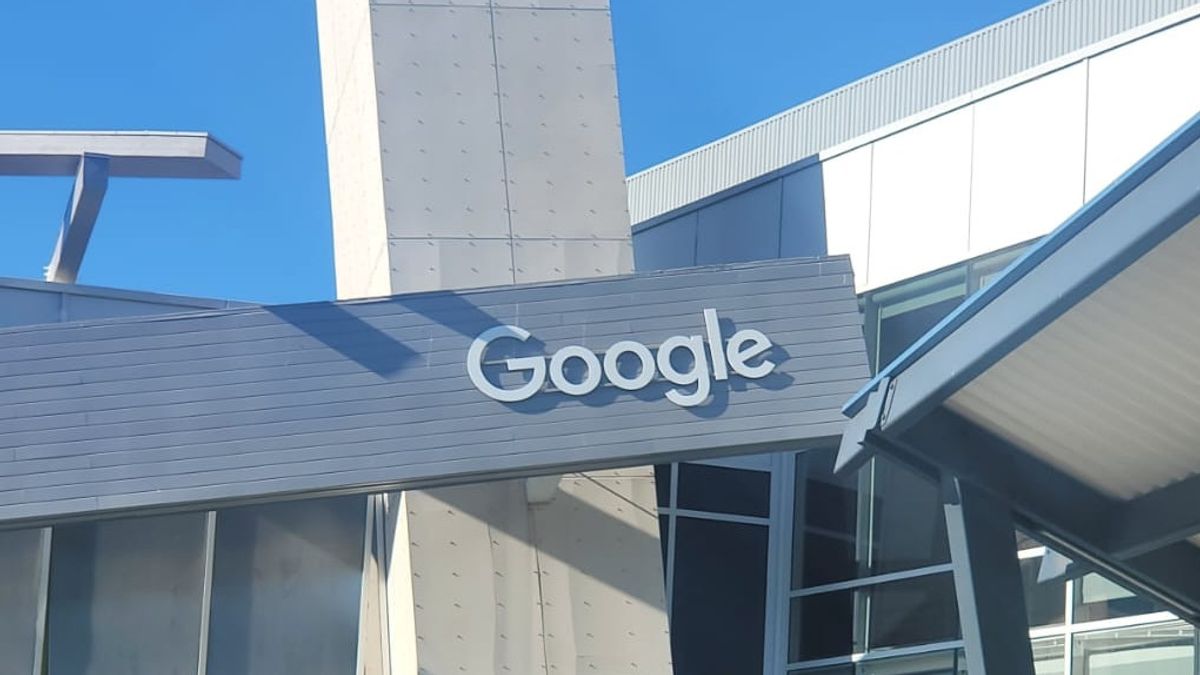JAKARTA - Australia's highest court on Wednesday, August 17, overturned a ruling that found Google complicit in defamation by providing links to newspaper articles. This case, again highlights how online defamation cases are handled in the country.
The Australian High Court's seven-judge panel voted 5-2 to discard an earlier finding that the Alphabet Inc unit played a role in publishing the disputed articles by acting as the "library" that housed them. The supreme court said the website had no active role.
The decision brings new confusion to the question that has been simmering in Australia for years about where the responsibility for online defamation lies.
Years of review of the country's defamation laws have not provided final recommendations on whether major platforms like Google and Meta Platform's Facebook should be held responsible for the content on their platforms.
The case stems from a 2004 article stating that a criminal defense attorney crossed professional lines and became a "confidant" of criminals. Lawyer George Defteros found a link to the story in a 2016 Google search on his behalf and asked Google to remove it after it was viewed by 150 people.
Defteros sued in a state court that found Google was the publisher and ordered it to pay him 40.000 Australian dollars (IDR 420 million). Google appealed the decision, culminating in a decision on Wednesday, August 17 that ultimately sided with the search engine giant.
"The Underworld article was not written by any employee or agent of the appellant," the two-judge panel wrote in Wednesday's ruling. In this case, Google is filing an appeal.
SEE ALSO:
"It was written by a reporter who had no relationship with the applicant, and was published by an independent newspaper over which the applicant had no control or influence," the ruling said.
Google itself "does not own or control the internet", they wrote.
While a spokesman for Google did not want to comment on the ruling in their favor.
Defteros said in a statement that the process had been "long, drawn-out, expensive and extremely stressful" but he felt justified that the court approved the article was defamatory despite Google's irresponsibility.
The ruling comes after the High Court last year found a newspaper publisher responsible for defamatory comments left under articles that had been posted on Facebook.
"The difference between Facebook's 2021 case and Wednesday's case is that media companies, last year "invited and encouraged comments", while Google "did not provide a forum or place where it could be communicated, nor did it encourage the writing of comments in response," the judges wrote.
The English, Chinese, Japanese, Arabic, and French versions are automatically generated by the AI. So there may still be inaccuracies in translating, please always see Indonesian as our main language. (system supported by DigitalSiber.id)


















